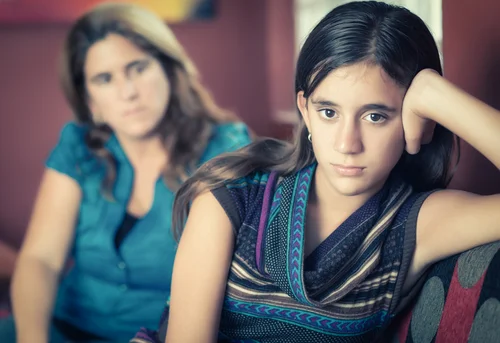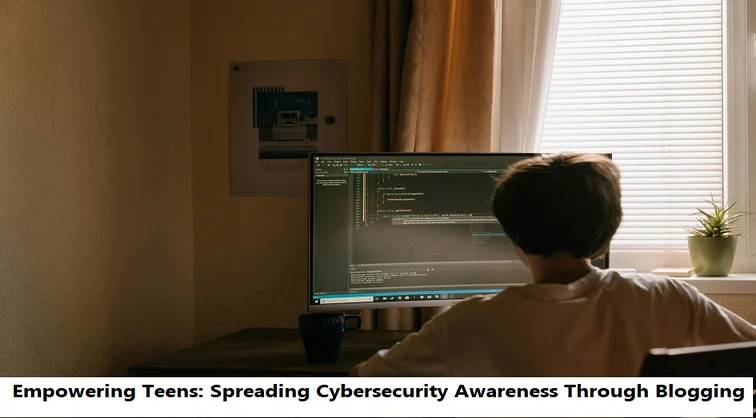+1 845 259 2974 (11 a.m to 7 p.m CST)
Impact Of Absent Parents On Behavior Of Teens

Parents are of immense importance to a child’s normal development. Since they are their child’s first teachers and role models, their responsibilities are not simply limited to providing food and shelter to their children, but also include their offspring’s emotional well-being and safety. Children who are deprived of any of these things are prone to develop significant behavioral problems. It has been learned through various researches that majority of the teens involved in criminal activities come from a household which has either one or both the parents missing. The U.S. Census Bureau has further highlighted the seriousness of the matter by revealing that nearly one in three teens live in homes where the father is absent. Children with absent fathers grow up with a large set of problems.
Instead of judging teens with behavioral problems in light of the longstanding cliché “Seeing is believing”, it is far more important and productive to understand the link between absent parents and such behavior.
Use of aggression as a shield
Parents are a source of comfort and warmth for their children. With one or both the parents absent, the teen remains deprived of aforementioned nourishments. It does not take them too long to get hit by the realization that nobody has their back, which consequently makes them feel vulnerable. In order to hide this vulnerability and possibly counter it, they become aggressive with the intended motivation of intimidating others before becoming victim to it themselves. This is often the case in bullying at school. For them, an aggressive and apparently rude behavior shields them against potential threats. Juvenile delinquency has many causes, but it is often the result of a missing parent.
Punching the society real hard
The link between absent parents, especially fathers, and delinquent criminal behavior is not too hard to understand. When a teen gets over fear, they are consumed by their anger resulting from feeling of abandonment. For them, their absent parent (or parents) and life has been unfair to them. Surrounded by a sea of people who are apparently enjoying a good life, these teens tend to rebel against the society.
Even if the teen grew up in their mother’s case with only the father missing, the tendency of developing criminal behavior is strong. Watching their mother working well beyond her capacity just to make the ends meet does not only bother them, but eventually starts to fill them up with fury. Breaking the law is simply their chosen method for venting their frustration and anger.
Stress and pregnancy
Numerous studies have shown that girls are more prone to get pregnant during their teens if their parents, especially father, are absent. The most usual explanation given for this is stress. The stress hypothesis suggests that girls are eager to engage in sexual intercourse and pass on their genes in tough times. With the father absent, the household income tends to stay low while stress stays high. Due to this constant exposure to stress, the girl tends to ignore the dire consequences of pregnancy at such a young age and consequently goes on with it.
Drugs and alcohol abuse
Teens with absent parents are more prone to fall into drug addiction or consuming alcohol before they hit the legal drinking age than their counterparts. With the parents not around to keep a check on them, they start using their freedom to harm themselves. Absence of parents effects children in significant ways.
Weak academic performance
A normal family structure is known to have a positive impact on the teen’s academic performance. Parents, especially fathers, provide encouragement to their teens to perform better at school, while the teens stay motivated due to their desire to make their parents proud of them. With the parents absent, teens lose their key motivational factor and therefore care very little for the grades they get.
While teens may act like they understand everything and can look after themselves, they cannot. Parents need to be there to watch over them, offer them guidance and help them cope with different situations and problems.





















